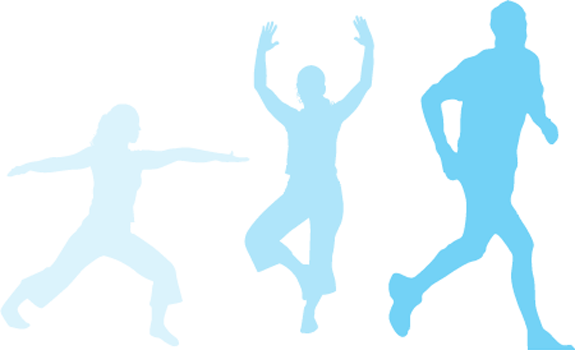Selecting a Medical Fitness or Wellness Facility Feasibility Consultant
With the medical fitness industry approaching its 40th anniversary and a reported 1,100 facilities (there are more than 12,000+ commercial clubs), it’s important to understand the role of consultants in project development, operations and marketing. The primary benefits often associated with hiring a consultant are objectivity, experience and effectiveness in understanding and translating client needs into workable solutions that can achieve results. Consultants also should have a record of saying “This might not work.†The consultant’s track record in correctly analyzing key market factors and then translating that information into facility demand estimates is critical in determining optimum solutions.
Besides the consultant’s proprietary analytical approach and ability to work with a client, other important selection criteria are the diversity of the team, communications and training skills, references and what I simply call, fit. Fit relates to the personality and style of the team and its initial client interactions. A great consulting engagement is when the client values the team and its work as an extension of his or her own office.
What other attributes should the consultant bring? Confidentiality and guaranteed client satisfaction are two big ones as well as having controllable conflicting interests. This is much harder today across all industries as businesses have grown and diversified or gone out of business. With many consultants coming from the management, architectural and construction industries, it some times becomes difficult to control conflicts without full disclosure and strong client involvement during the engagement process. Real world solutions and a transparent process are keys to bridging some of these controllable conflicts.
Your responsibility as a client is to do your homework before engaging the consultant. Define the scope of the engagement and the desired outcomes. Contact clients who implemented suggestions and find out the success and failures so that you know what to avoid and determine the ability of the consultant to stay within budget and to deliver the project on time. Ultimately it’s your responsibility to manage the consultant engagement so that the work product meets the scope of services outlined at the beginning of the contract.
Just because you’ve hired a consultant does not mean you can distance yourself from the project. Stay involved with the consultant or assign a point person from your staff so that the final results are customized to your needs, and not a retread of the consultant’s past work.

